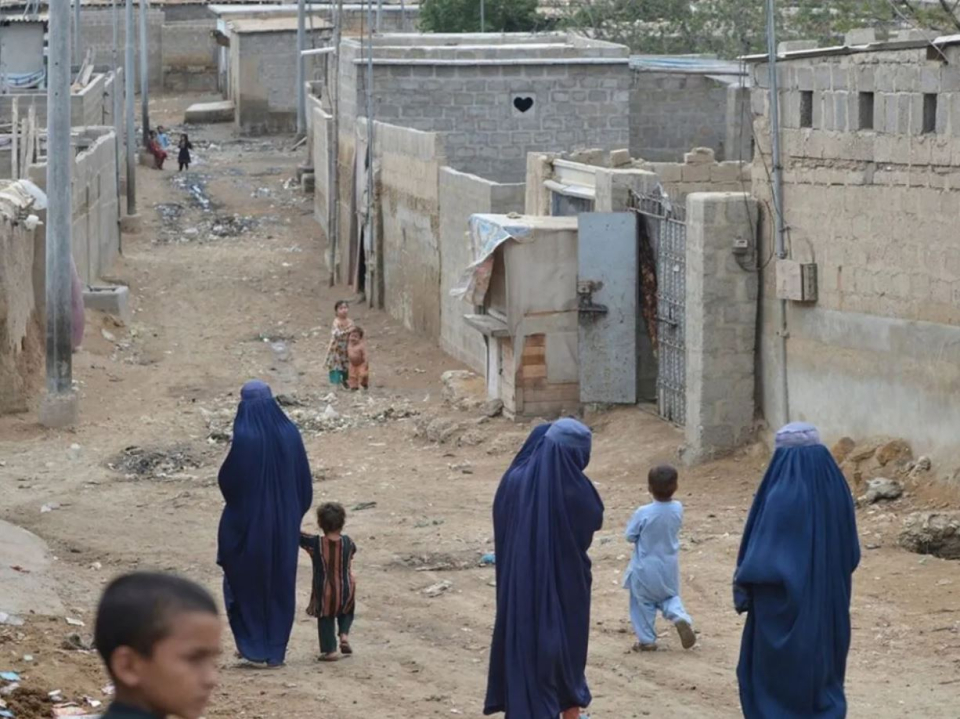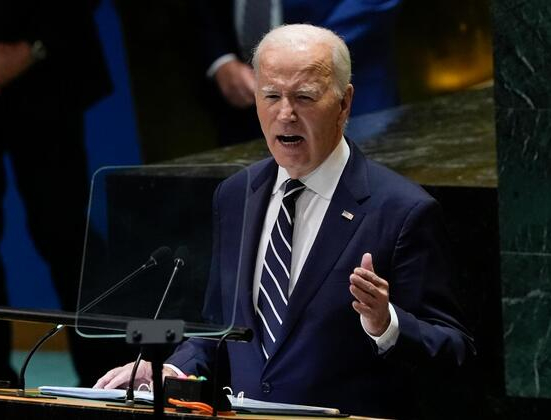Pakistan’s caretaker government announced it would carry out mass deportations – known under domestic law as an Illegal Foreigners Repatriation Plan – asking all concerned to leave the country before 1 November. Although the plan purported to apply to all foreigners residing in the country illegally, it appears designed to target Afghans, millions of whom have sought refuge in Pakistan over the years. Pakistan hosts an estimated three to four million Afghan refugees and migrants, including at least 600,000 who have crossed the border since August 2021, when the Taliban seized power for a second time in Afghanistan. Of these, 1.3 million are registered as legal refugees, holding Proof of Registration cards, while an additional 850,000 have received Afghan Citizen Cards from the Pakistani authorities, giving them some protections but not all of those afforded to registered refugees. Some 1.7 million more Afghans are believed to be residing in the country without any documentation at all. This last figure could be a significant underestimate, as people living on the mountainous frontier are accustomed to moving back and forth across the border, often without travel papers from either state.
An Afghan exodus is now under way. Tens of thousands headed for the border before the 1 November deadline, and hundreds of thousands have followed since. Many who left after the deadline appear to have been deported forcibly or under duress. Despite immediate outcry from the UN and other international bodies, Islamabad seems intent on forcing all undocumented Afghans back to their home country – and maybe many others as the plan progresses. In Phase 1 of the plan, which took effect on 1 November, the state is targeting “illegal” Afghans, meaning those with no documentation, those with fake Pakistani papers and those who have overstayed their visas. The government has not announced a clear timeline for the plan, but it has indicated that in Phase 2 it could go after Afghan Citizen Card holders. In Phase 3, it may send back even those holding Proof of Registration cards. The Proof of Registration cards for this cohort expired in June, and it is unclear if Afghanistan, Pakistan and the UN High Commissioner for Refugees (UNHCR) will be able to reach an agreement on renewing the cardholders’ status.

















